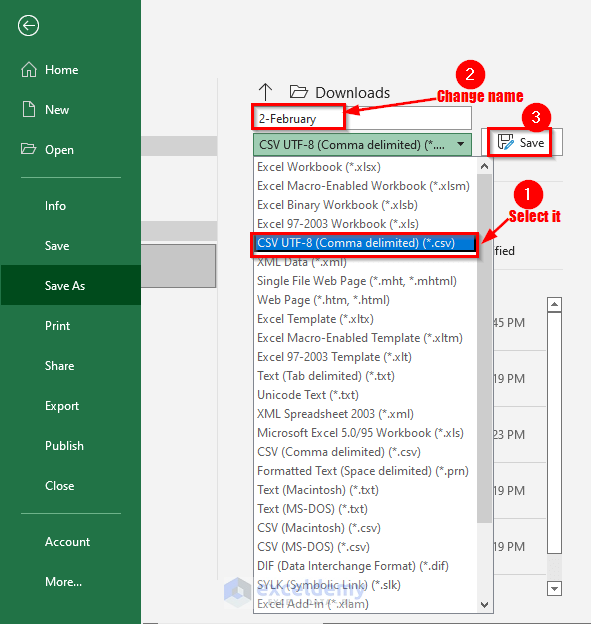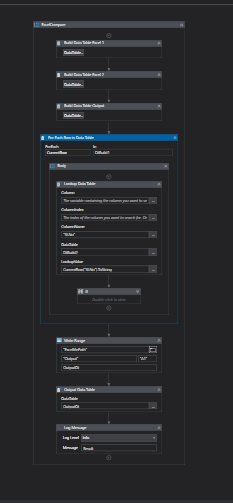5 Documents Required to Study in Japan’s Universities

Understanding the Documentation Process for University Admission in Japan

Embarking on the journey to study in Japan involves meticulous preparation, not least when it comes to organizing the required documents for university admissions. Japanese universities are renowned for their rigorous academic environment, unique cultural offerings, and advanced research facilities, making them a highly sought-after destination for international students. However, navigating the documentation process can seem daunting. Here, we will comprehensively guide you through the documents required to study in Japan, ensuring you are well-prepared for your educational adventure.
1. The Application Form

The first step in the application process is completing the university’s specific application form. This form is your official entry into the admissions process, where you provide:
- Personal details (name, date of birth, address, etc.)
- Information on your desired course of study
- Any previous academic qualifications
- Language proficiency levels
This document is crucial as it sets the stage for all subsequent evaluations. Ensure it is filled out accurately, with all fields completed as per the university’s instructions. Accuracy and attention to detail are paramount here, as mistakes or missing information can delay or even prevent your application from being processed.
2. Academic Records and Certificates

Your academic history is a critical component of your application, and universities in Japan require detailed documentation:
- Transcripts: Official academic transcripts from high school or any higher education institutions attended. These documents must reflect your academic performance, including any grades, honors, or scholarships earned.
- Certificates: Graduation certificates or equivalent proving completion of prior education. These must be certified, often requiring school stamps or notarization.
🎓 Note: Ensure your transcripts and certificates are translated into Japanese or English (if specified by the university) and certified for authenticity.
3. Language Proficiency Evidence

Language is a gateway to your success in Japan. Depending on the language of instruction at your chosen university, you’ll need to demonstrate proficiency:
- Japanese Language Proficiency: JLPT (Japanese Language Proficiency Test) scores, especially for undergraduate programs. N2 or N1 are commonly sought after.
- English Language Proficiency: For programs in English, TOEFL, IELTS, or TOEIC scores are necessary.
Universities vary in their language requirements, so check the specific prerequisites for your program. Remember, strong language skills are not only crucial for admission but also for thriving in both academic and everyday life in Japan.
4. Statement of Purpose or Research Plan

This document is your opportunity to connect with the admissions committee on a personal level. Here, you should:
- Articulate why you wish to study in Japan
- Explain your academic interests and career goals
- Discuss how the program will contribute to your personal and professional development
💡 Note: Be specific about your research interests if applicable, and relate them to faculty members or research projects at the university.
5. Letters of Recommendation

Letters of recommendation give the admissions committee an external perspective on your academic abilities, character, and readiness for higher education:
- Choose recommenders who know you well academically or professionally
- Ensure they can speak to your suitability for the program
- Often, letters need to be written on official letterhead or include contact information for verification
👥 Note: Discuss with your recommenders what they should emphasize to align with the expectations of Japanese universities.
Navigating the Application Process

With these documents in hand, you are now well-prepared to apply to Japanese universities. Here’s a brief recap of the essential steps:
- Complete the application form with attention to detail
- Obtain and certify your academic records
- Prove your language proficiency
- Write a compelling Statement of Purpose
- Secure strong letters of recommendation
Remember, preparing these documents is not just about meeting requirements; it’s an exercise in presenting your best self to the university. Each document serves as a building block in showcasing your academic journey, readiness for Japanese education, and your potential contribution to the university community.
Do all universities in Japan require the JLPT certificate?

+
Not all universities require the JLPT certificate, especially if the program you’re applying for is in English. However, for programs conducted in Japanese, most universities will expect a minimum level of language proficiency evidenced by the JLPT.
What are the common deadlines for university applications in Japan?

+
Application deadlines can vary widely between universities. However, common cycles include application deadlines in February-March for enrollment in April and late summer for September entry.
How long does it take to get a student visa for Japan?

+
After admission, the process can take around 3-4 months. The university will issue the necessary documents, which you’ll use to apply for a visa at the Japanese consulate or embassy in your country.



